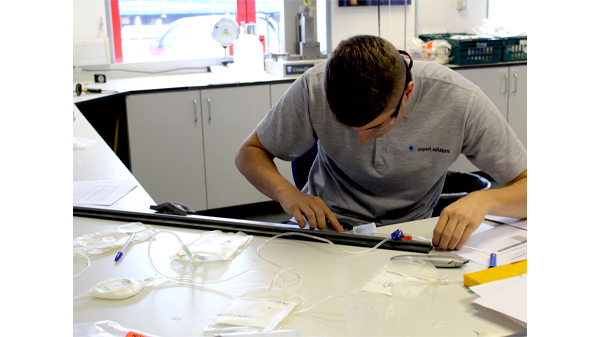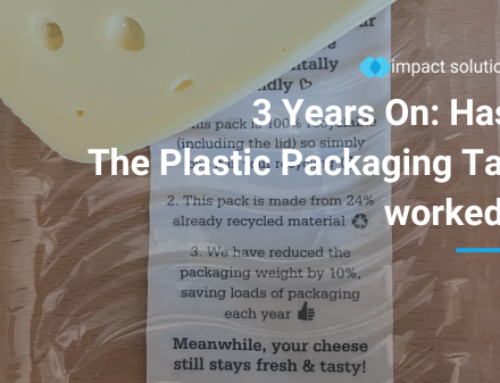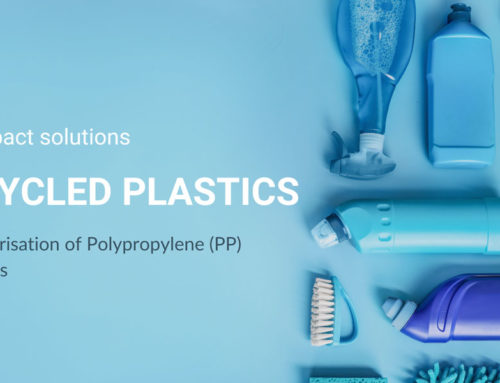Assessing the quality and performance of plastics used in medical devices :
Following one of the BBC’s top news articles about the inadequate testing of medical devices , Impact has their own experience in testing medical devices.
Over the last 20 years, the use of plastics materials in healthcare has resulted in the revolutionisation and complete transformation of this delicate industry. The versatile material properties, excellent biocompatibility and wear resistance are some of the key reasons why plastics are dominating the medical devices and prosthetics.
Blood bags, heart valves, medical tubes, syringes, clinical bags as well as functional prosthetic parts are almost exclusively made of plastics materials such as Polyethylene (including ultra-high molecular weight Polyethylene), Polypropylene, Polystyrene, Polycarbonate, PEEK. The latter is a plastic with exceptional mechanical properties. PEEK is highly resistant to thermal degradation and to contact with chemicals and water. But more importantly, PEEK has outstanding wear resistance making one of the best candidate materials for use in prosthetics.
Furthermore, state-of-the-art electronic devices able to measure and control vital parts of the human body (insulin, heart pumping, pacemakers etc.) are boxed in materials made of plastics.
The Increased use of plastics in the healthcare industry also means that new quality control standards and systems must be developed and applied across the whole development and manufacture chain and strictly monitored.
ISO 13485 “Medical devices — Quality management systems — Requirements for regulatory purposes” is the most internationally accepted standard for companies developing, testing and manufacturing medical devices. However, this standard is very generic and applied to all kind of products, giving of room for “miss-interpretations”.
Until the development of more industry-specific internationally accepted standards, medical device developers must ensure that their products are safe to use in the short and long term. Therefore, before these products reach the mass production they should go through a series of mechanical (tensile, compression, flexural and Fatigue), thermal (climatic tests), chemical resistance and compatibility tests.
At Impact Solutions, we have an extensive experience in the testing of medical devices and we are constantly collaborating with the NHS to make sure the products are safe to be used in every application. Our state-of-the-art laboratories, accredited by UKAS, equipped with a series environmental chambers, tensile, impact, fatigue, environmental stress cracking and thermal analysis machine are able to tests any type of medical devices from disposable syringes to the efficiency of real-time insulin measurement devices. Also, our experienced Scientists and Engineers are always available to support our customers with producing safe and cost-efficient products.
For more information, contact us today. Alternatively, you can view our list of capabilities here.
To stay up-to-date with our new developments, be sure you are following us on Facebook, LinkedIn and Twitter.





